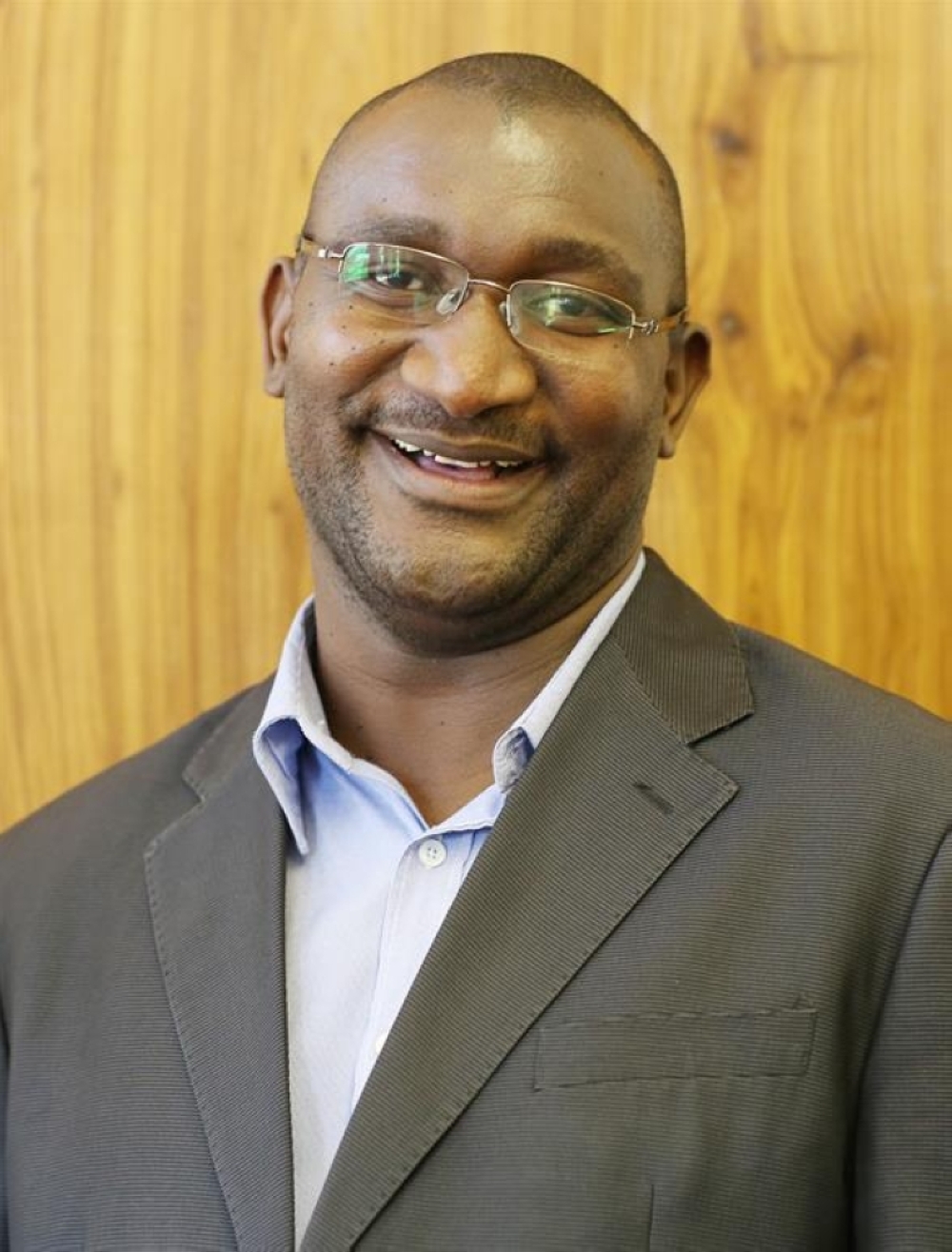Swapo think tank losing faith in Vision 2030
The ruling party’s think tank has cautioned that Namibia might not attain its Vision 2030 goals due to its education system, “which is failing to produce quality graduates”.
The body has proposed a complete revamp of the current system to bring about meaningful education, eliminate “excessive dependency” and instil a sense of self-reliance in graduates.
According to Swapo think tank member Professor Frednard Gideon’s paper presented to the party’s central committee recently, the current basic education system has failed to produce graduates capable of realising Vision 2030.
On the other hand, he pointed out that existing policies indirectly or deliberately hinder qualified Namibians from participating in the development of the country as they are shut out from certain sectors captured by sister countries.
“This has increased consumerism among able Namibians observing from the benches. This has further led to observed capturing of some key sectors. Private medicine, pharmacies, veterinary, laboratories, private schools, accounting firms, the disbanded SME bank, architecture, quantity surveyors, etc. are left in the hands of brothers and sisters from foreign countries who end up caging opportunities in those sectors and professions,” he wrote.
Gideon recommended a programme to attract talented Namibians and non-Namibians from overseas who can take up research and development careers, adding that research science hubs should be created to house branch campuses of prestigious universities in the country.
Grave concern
Making education free in Namibia has, in his view, increased literacy levels exponentially - but the grave concern remains that these graduates are ill-equipped for the job market and the development of the country.
Gideon added that an even greater burden rests on state-run and private tertiary education where more needs to be done in the vocational and technical industry to equip graduates and fast-track the country’s industrialisation efforts.
“In academic institutions, there has been low research output. In the high education context, the bankable output as well as publication need to be raised. Research conducted in institutions of high education should be converted to services and products.
“The low-quality as well as poor research output has mostly been blamed on lack of funding,” he said.
He also observed that existing state and parastatal policies make it structurally awkward for Namibians to venture into establishing private educational institutions, while the majority of vocational training centres throughout the country are state-owned.
[email protected]
The body has proposed a complete revamp of the current system to bring about meaningful education, eliminate “excessive dependency” and instil a sense of self-reliance in graduates.
According to Swapo think tank member Professor Frednard Gideon’s paper presented to the party’s central committee recently, the current basic education system has failed to produce graduates capable of realising Vision 2030.
On the other hand, he pointed out that existing policies indirectly or deliberately hinder qualified Namibians from participating in the development of the country as they are shut out from certain sectors captured by sister countries.
“This has increased consumerism among able Namibians observing from the benches. This has further led to observed capturing of some key sectors. Private medicine, pharmacies, veterinary, laboratories, private schools, accounting firms, the disbanded SME bank, architecture, quantity surveyors, etc. are left in the hands of brothers and sisters from foreign countries who end up caging opportunities in those sectors and professions,” he wrote.
Gideon recommended a programme to attract talented Namibians and non-Namibians from overseas who can take up research and development careers, adding that research science hubs should be created to house branch campuses of prestigious universities in the country.
Grave concern
Making education free in Namibia has, in his view, increased literacy levels exponentially - but the grave concern remains that these graduates are ill-equipped for the job market and the development of the country.
Gideon added that an even greater burden rests on state-run and private tertiary education where more needs to be done in the vocational and technical industry to equip graduates and fast-track the country’s industrialisation efforts.
“In academic institutions, there has been low research output. In the high education context, the bankable output as well as publication need to be raised. Research conducted in institutions of high education should be converted to services and products.
“The low-quality as well as poor research output has mostly been blamed on lack of funding,” he said.
He also observed that existing state and parastatal policies make it structurally awkward for Namibians to venture into establishing private educational institutions, while the majority of vocational training centres throughout the country are state-owned.
[email protected]





Comments
Namibian Sun
No comments have been left on this article